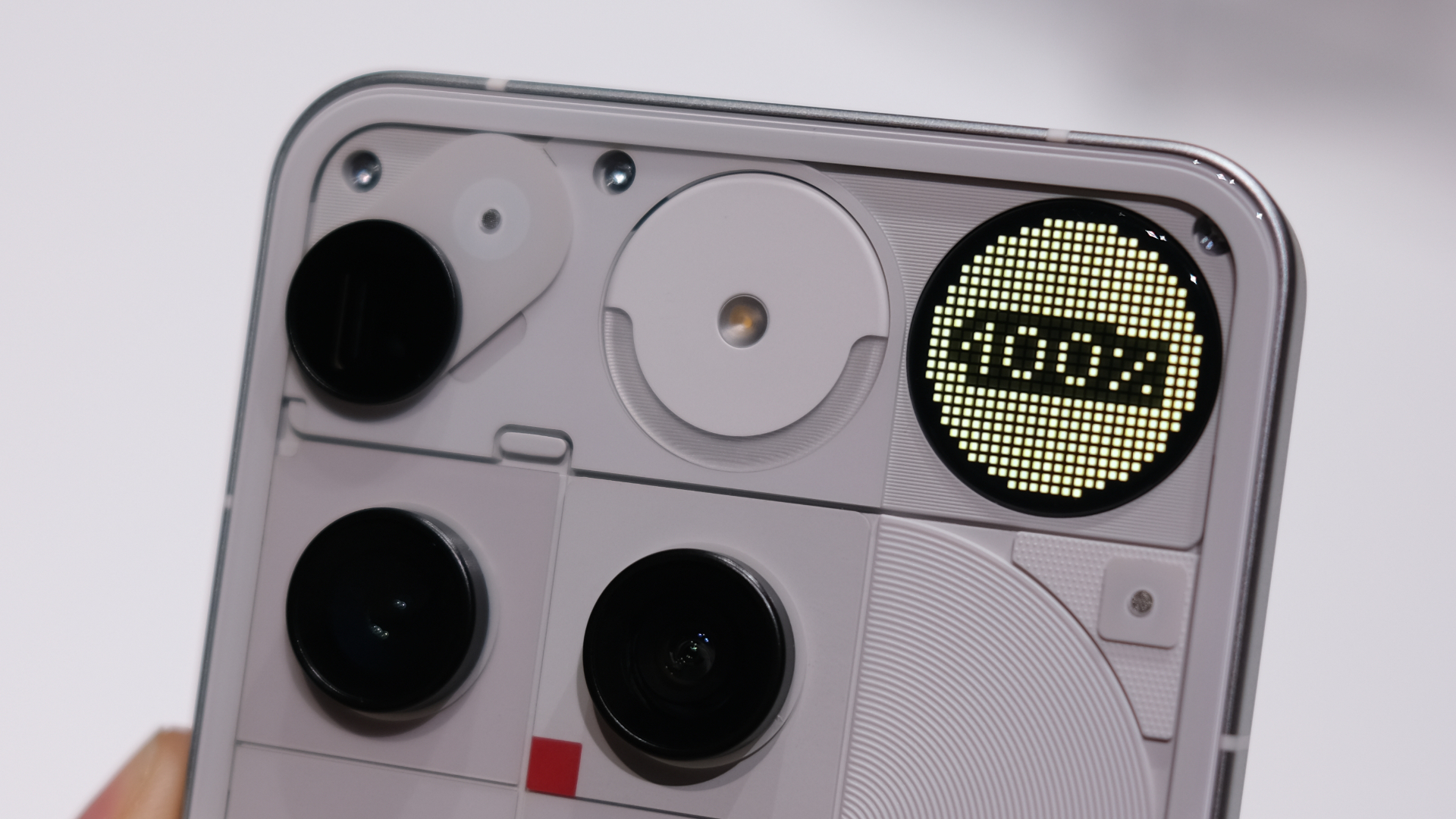Nothing wants to ditch Android for future phones – promises something "significantly different"
Your future smartphone could move in a completely different direction if Nothing gets its way


Quick Summary
Nothing has outlined a future where its phones have an AI-based OS that learns from the owner to act on their behalf.
Laying out a vision of the future, its ambitious founder suggests a completely different approach to software that looks beyond Android's current offering.
Nothing pitched itself into the consumer tech landscape promising to be something different. While at a surface level it wanted to bring the fun back to everyday tech, there was an overarching aim to make tech vanish into the background.
And that's going to include the operating system, if Nothing founder, Carl Pei, gets his way.
Outlining the details of a latest funding round, Pei has spoken about his ambitions for Nothing in a company blog. The focus of his ambition is shifting to technology devices that have a fundamentally different way of working.
And this isn't the first time this allusion has been made: there was previously the discussion of a phone where apps don't exist.
A new way to look at smartphones
It's not because Nothing has something against apps, but the company has a vision of a future where the AI-based operating system on your devices can access and provide all those services for you.
This all revolves around the idea of a properly personalised AI, something we currently aren't anywhere near. While all manufacturers talk about their useful AI features, they don't even scratch the surface of personalisation. Yes, you can (sometimes) add a date to your calendar from a message, but it's hit and miss.
The personal summaries like Samsung's Now Brief – pushed as an AI feature – usually just report the weather and what's in your calendar. It's a little too artificial and not so heavy on the intelligence.
Get all the latest news, reviews, deals and buying guides on gorgeous tech, home and active products from the T3 experts
Nothing see a different future though, where the AI-based OS can constantly learn from you, to do things on your behalf. That way you're not spending your time opening apps, copying and pasting information, but getting things done instead.
As Carl Pei says: "The system will handle the non-essential for us, allowing us to focus on what truly matters, which will be different for every person."
This isn't just limited to smartphones, although they will initially be the driving force. Nothing sees a future where an omni-present AI that's personally tailored to you, crosses all your devices. Basically, Nothing wants a system like Tony Stark's JARVIS.
While the vision might sound exciting, it's really an evolution of what we're already looking at from big tech brands. Gemini, Siri and Alexa all cross devices and carry information about you to those places, but while they learn, they don't aggressively personalise.
Nothing's outlined vision is bold and a truly AI-based OS that changes how people use their phones without limiting functions would be exciting. The question is whether Nothing will get there first, or if big tech rivals will shift gear and move away from iterative summaries and translation, and start getting devices to work harder on the behalf of the owner.

Chris has been writing about consumer tech for over 15 years. Formerly the Editor-in-Chief of Pocket-lint, he's covered just about every product launched, witnessed the birth of Android, the evolution of 5G, and the drive towards electric cars. You name it and Chris has written about it, driven it or reviewed it. Now working as a freelance technology expert, Chris' experience sees him covering all aspects of smartphones, smart homes and anything else connected. Chris has been published in titles as diverse as Computer Active and Autocar, and regularly appears on BBC News, BBC Radio, Sky, Monocle and Times Radio. He was once even on The Apprentice... but we don't talk about that.
You must confirm your public display name before commenting
Please logout and then login again, you will then be prompted to enter your display name.